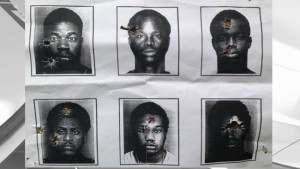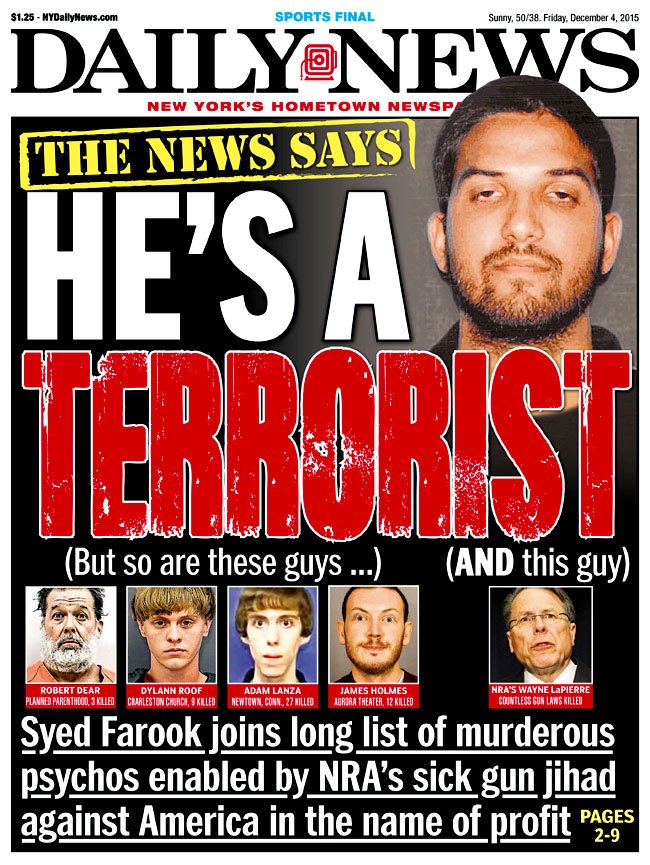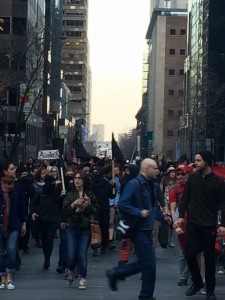
As Americans today celebrate Martin Luther King, Jr. Day, many of us continue to grapple with how to contextualize and understand the recent deaths of several young black American men at the hands of the police. This need to explain is thrown into even starker relief with the very recent story that black men’s photos are being used for target practice by the North Miami Beach police department. The chief of police insists that this is a case of “poor judgment,” not racism, because those officers taking aim at the targets are themselves multi-racial, and because other races are portrayed in other targets. As one might expect, however, at least one of the black men whose face became a target is not personally reassured, saying, “Now I’m being used as a target? … I’m a father. I’m a husband. I’m a career man. I work 9-to-5.”
It may seem quite paradoxical to discuss a “well-intentioned racist,” but arguably, there is usually no other kind. I am often amazed by how we expect that racism (or discrimination, more generally) is something committed by self-described bigots. Like many others who study and teach about social dynamics, I frequently tell my students that prejudicial behaviors and attitudes are not only ubiquitous, but also quite mundane — they are simply the old recipe of one part distinction and another part essentialization — and they are used to stir the stew of social power. Continue reading “The Well-Intentioned Racist”


 Anyone who knows me knows that I walk my dog early each morning — lately I’m regularly going to a nearby park where, well, Izzy goes regularly as well. But every now and then I change it up a little — variety is the spice of life and all that — and so I park here and we walk there or park over there and then we walk here. Sometimes I park in one of the lots but other times I pull over off the small loop of a road and park on the grassy shoulder.
Anyone who knows me knows that I walk my dog early each morning — lately I’m regularly going to a nearby park where, well, Izzy goes regularly as well. But every now and then I change it up a little — variety is the spice of life and all that — and so I park here and we walk there or park over there and then we walk here. Sometimes I park in one of the lots but other times I pull over off the small loop of a road and park on the grassy shoulder.  Robert Dear’s attack on the Planned Parenthood clinic in Colorado Springs just over a week ago and the shooting in San Bernardino last week have brought the question of who is identified as a terrorist back into the limelight. Lots of people have highlighted how the
Robert Dear’s attack on the Planned Parenthood clinic in Colorado Springs just over a week ago and the shooting in San Bernardino last week have brought the question of who is identified as a terrorist back into the limelight. Lots of people have highlighted how the 

